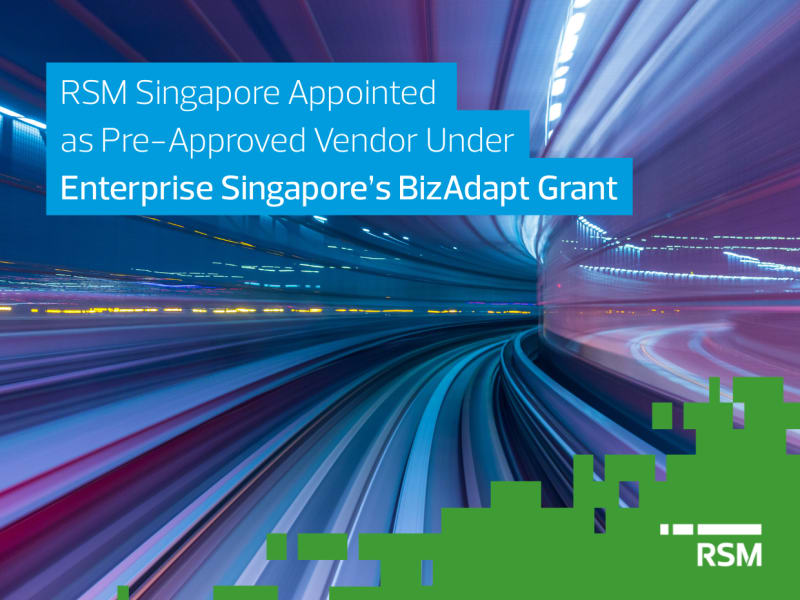About RSM
RSM Singapore is the largest professional services firm outside the Big Four in Singapore and a member of RSM, the sixth-largest network of audit, tax and consulting professionals. As part of this integrated global network with offices worldwide, we share skills, insights, and resources, guided by a client-centric approach and a deep understanding of your business.
Countries
We have firms in 120 countries and are in each of the top 40 major business centres throughout the world
People
We have combined staff of over 65,000
Offices
We have over 820 offices across the Americas, Europe, MENA, Africa and Asia Pacific











